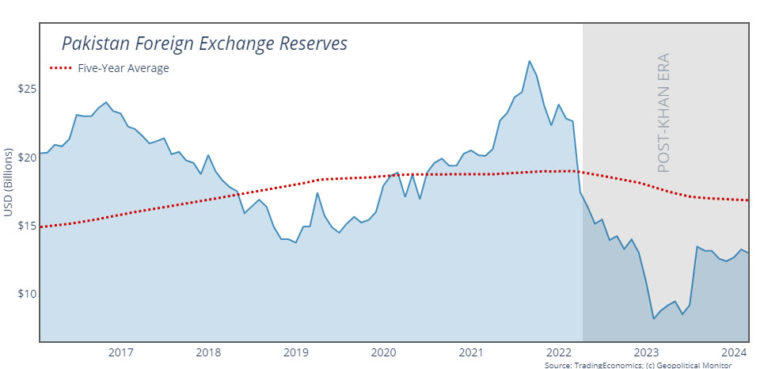
Egypt’s geopolitical importance is difficult to overstate. Strategically located at the crossroads of Africa and Asia, Egypt controls the Suez Canal, one of the world’s key maritime choke points. Each year, a significant portion of the world’s trade, including a substantial percentage of global oil shipments, passes through the canal, making its security and uninterrupted operation a prerequisite for stable global supply chains. Egypt’s geopolitical weight is further buttressed by Cairo’s historical role as a cultural and political leader in the MENA region. The country has the largest population in the Arab world at approximately 102 million, serving as a significant cultural, educational, and political hub. Its peace treaty with Israel and strategic partnerships with Western countries, especially the United States, alongside its influence in the Arab League, all cast Egypt as a pivotal player in Middle Eastern politics and peace efforts, whether in Gaza or Sudan. Consequently, the stability and policy direction of the regime directly impact regional security, counter-terrorism efforts, and the dynamics of the broader Middle East and North Africa region.
A New President for Life?
Egyptians went to the polls in 2023 amid a bleak economic outlook. The outcome of the contest was a foregone conclusion, as President Abdel Fatteh el-Sisi – the military leader who had stepped in to remove Mohamed Morsi in 2013 – took 89.6% of the vote against a withering field of competition. According to a report by Human Rights Watch, the election was marred by repression of civil society, arrests, intimidation, and the lack of any viable alternative.



